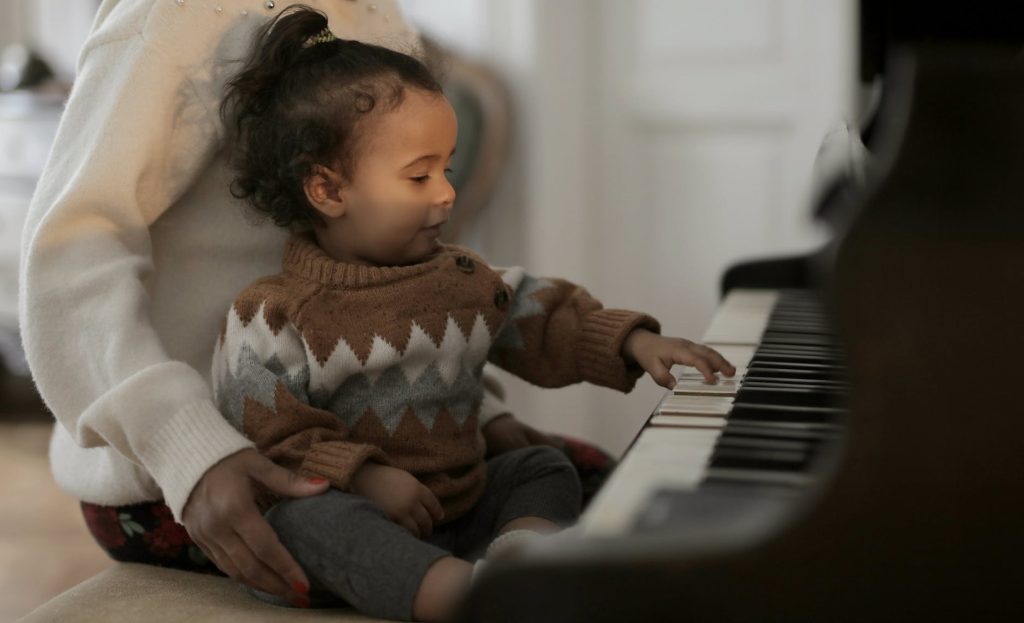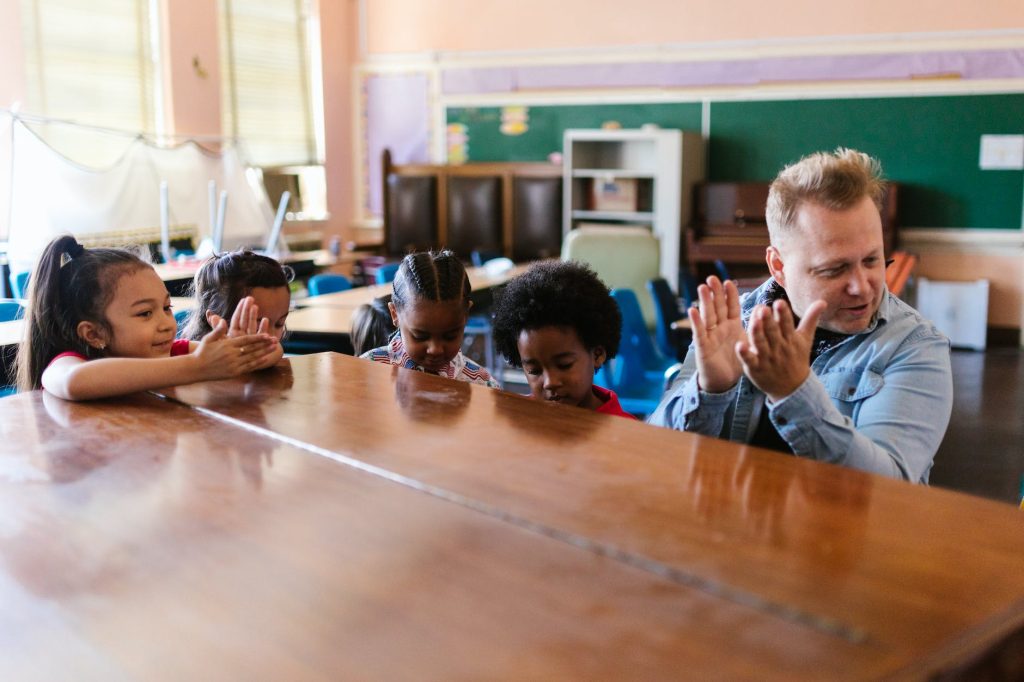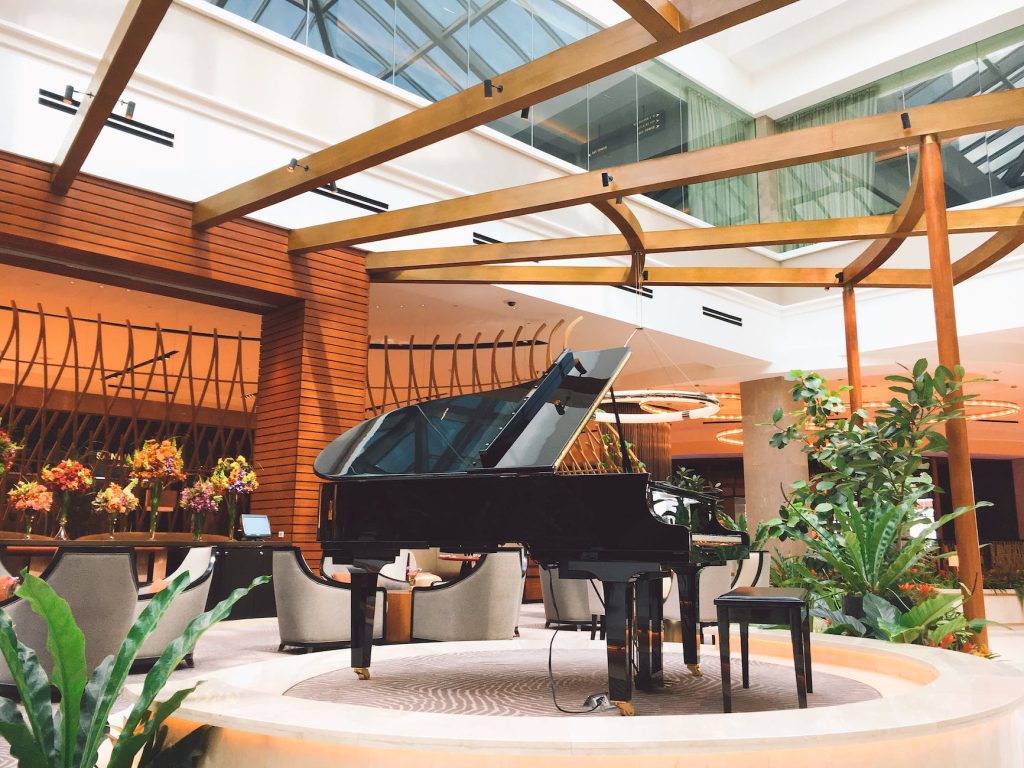What age should Children start Piano Lessons?
The Best Age to Start Piano Lessons for Your Child
When it comes to deciding the right age to introduce your child to piano lessons, there are various perspectives to consider. While opinions on the matter may vary depending on the teacher you consult, as a parent, you ultimately hold the key to determining when your youngster is ready to embark on their musical journey. Equally important is selecting a teaching style that aligns with your child's needs and preferences. Remember that the teaching approach you choose can often be more critical than the specific age at which your child begins their piano education. So, take your time to explore different options and make an informed decision. In this article, we will delve into two prominent strategies for teaching a child to play the piano.
Learning to Play by Patterns
One of the most popular methods for teaching young children how to play the piano is the Suzuki system. This approach emphasizes learning through patterns, listening experiences, memorization, and even color associations. While the Suzuki method is designed with preschool-age children in mind, it can also be used to kickstart the musical journey of older students alongside traditional notation systems.
The Suzuki method has been remarkably effective in introducing children as young as 2 years old to the world of piano music. Its holistic approach nurtures not only technical skills but also a deep appreciation for music. By immersing students in a rich auditory environment, the Suzuki method cultivates an intuitive understanding of musical patterns and structures. The incorporation of color associations can further enhance a child's engagement and memory retention, making learning both enjoyable and effective.
Moreover, the Suzuki method places a strong emphasis on parental involvement. Parents are encouraged to actively participate in their child's musical education by attending lessons, providing guidance at home, and fostering a supportive learning environment. This collaborative approach helps create a strong bond between parent and child while nurturing a lifelong love for music.
Choosing the Right Approach
While the Suzuki method is highly regarded for its success with young beginners, it's essential to recognize that every child is unique. Therefore, the decision on when and how to start piano lessons should consider your child's individual personality, interests, and developmental readiness. Some children may thrive in a structured and pattern-based approach, like the Suzuki method, while others may prefer a more traditional approach that begins with reading sheet music.
Before making a final decision, consult with experienced piano teachers who can assess your child's readiness and recommend the most suitable approach. Additionally, consider your child's own enthusiasm for learning the piano, as their genuine interest can be a powerful motivator.
In conclusion, the proper age to start piano lessons for your child is a multifaceted decision that depends on various factors. By exploring different teaching styles, like the Suzuki method, and considering your child's unique characteristics, you can create an enriching and enjoyable musical journey that will benefit them for years to come.

Mastering the Piano: Unlocking the Power of Reading Notation
When it comes to learning the piano, the traditional method of reading notation is a time-tested and well-established approach. This method involves the mastery of reading musical notes and interpreting various instructions denoted by specific symbols on the musical staff. While it may seem like a more conventional path, it offers a solid foundation for piano education and is a method familiar to many.
In the world of piano education, it's common to find teachers who integrate traditional teaching methods with elements from pattern-based systems, particularly for younger or less experienced students. Typically, teachers who follow this approach may require students to be in at least the first or second grade before accepting them into their piano studio. The reasoning behind this is that students tend to progress more smoothly when they have already acquired some essential non-musical skills before embarking on their piano journey.
So, why is this the case? Learning to read musical notation demands a range of different learning skills that need to be in place before a child can have a successful piano experience. These skills encompass the ability to recognize and distinguish between various types of symbols, including horizontal and vertical notations. Additionally, students must memorize the meanings associated with these symbols and visually associate numbers with their fingers, all while understanding that these notes also correspond to letters in the musical alphabet.
For preschool-age children, mastering these tasks can be challenging at best and potentially overwhelming at worst. This is precisely why younger students often benefit from the Suzuki method, which focuses on pattern-based learning and auditory training to build a strong musical foundation.
However, for students who have developed basic reading skills and possess a grasp of elementary mathematics, the traditional approach to piano education can be more appropriate. These foundational skills provide them with the emotional tools to handle the challenges associated with learning a complex skill that takes time to master. It's essential to consider a child's overall readiness for piano lessons, including their cognitive development and emotional maturity.
Furthermore, it's crucial to conduct thorough research before selecting a specific method of instruction. Seek advice from music stores, experts, and experienced teachers. By doing so, you can make an informed decision about the most suitable age and teaching method for your child's piano education. This process will not only benefit your child's musical journey but also enhance your own musical experience as a parent.


 Electric Guitars
Electric Guitars Acoustic Guitars
Acoustic Guitars Bass Guitars
Bass Guitars Guitar Effect Pedals
Guitar Effect Pedals Amps
Amps




 Clearance
Clearance Preloved Instruments
Preloved Instruments































